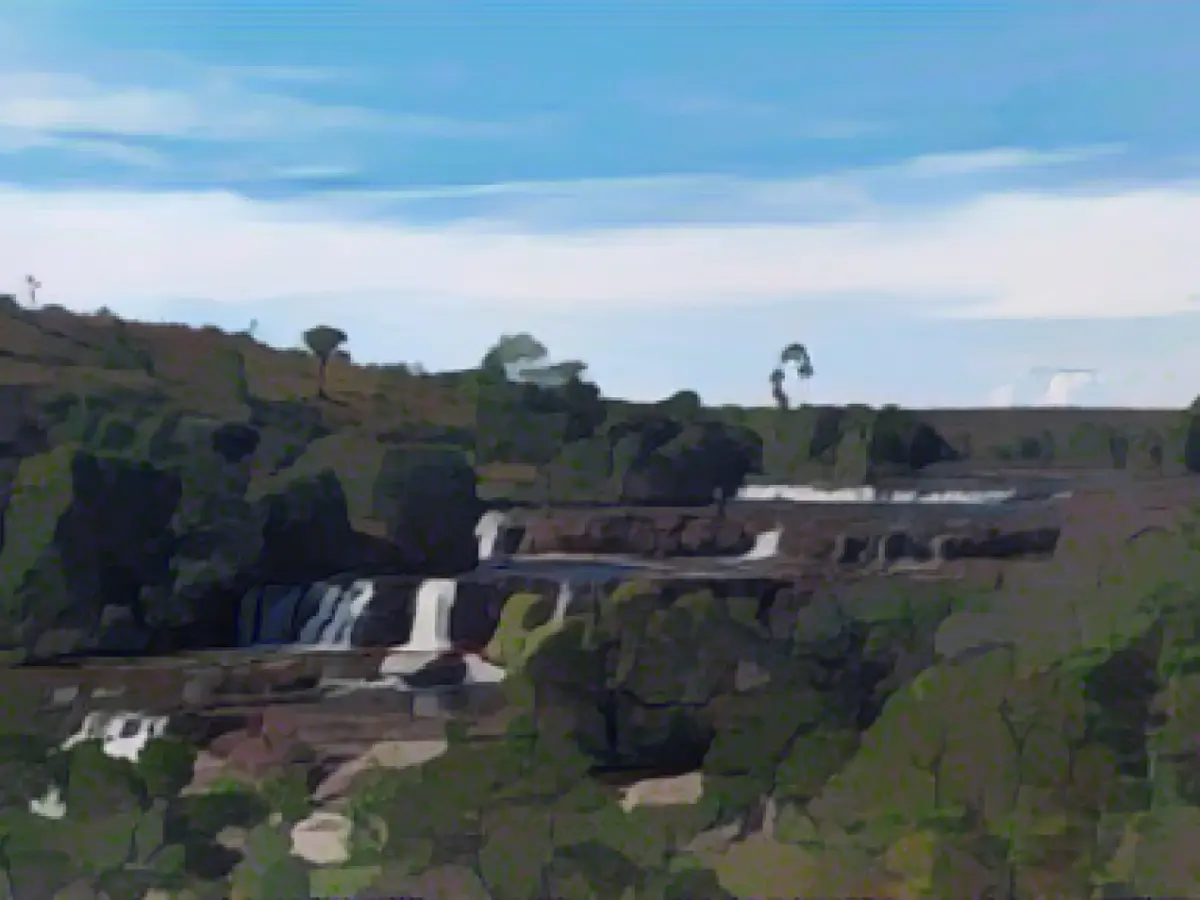Border skirmish between Venezuela and Guyana heats up over oil-rich land
Tensions are escalating between Venezuela and Guyana over a centuries-old dispute concerning the Essequibo region, which covers around two-thirds of Guyana's territory. The US Southern Command announced that it would conduct air operations in Guyana on December 7, a move that Venezuela's Defense Minister deemed provoking.
Guyana, previously a British and Dutch colony, has long claimed the area based on a 1899 court ruling determining the border, while Venezuela has maintained that the Essequibo River forms a natural boundary recognized in 1777. The latter's desires for the oil-rich region intensified after ExxonMobil's 2015 oil deposit discovery and later significant oil discovery in October 2023, pushing Guyana's reserves to over ten billion barrels.
Venezuelan President Maduro conducted a sham referendum in 2023, leading to claims for Essequibo annexation. Maduro announced plans to elect a "Governor of the Guayana Esequiba" and create new offices to strengthen their position in the region. Guyana condemned Venezuela for violating the Argyle Agreement, which both nations signed in 2023, by not refraining from escalating the conflict.
In response to increasing tensions, Brazil increased its military presence in border cities Pacaraima and Boa Vista. Several South American countries urged Venezuela and Guyana to engage in diplomatic dialogue, warning against unilateral actions that could escalate the situation. Brazilian President Lula da Silva emphasized the importance of maintaining peace in the region.
While the United Nations Security Council is scheduled to discuss the issue in camera on December 9, stakeholders remain divided. Venezuela has called on the ICJ to respect its historical claim to the Essequibo region, whereas Guyana relies on established border determinations.
Insights
The border dispute between Venezuela and Guyana has a rich historical background, rooted in colonialism and nationalism. In response to the ongoing conflict, both sides have reinforced their legal and territorial claims through diplomatic means, military presence, and public opinions. This complicated situation underlines the importance of regional cooperation and dialogue to address geopolitical challenges.
The recent surge in oil discoveries has supercharged this dispute, adding a new dimension of economic and strategic stakes. Venezuela's oil-rich Essequibo claims have received political support from Russia and China, while regional powerhouses like Brazil and the United States have expressed concern over the escalating tensions. The potential resolution of this dispute impacts international energy cooperation, regional stability, and the fate of millions of indigenous peoples living along the contested border.
This situation highlights the need for regional collaboration to manage territorial conflicts resulting from colonial borders and overlapping claims. Interventions by external powers – like Russia and China – present potential challenges for diplomatic resolution and could fuel further tensions in the region. As a result, striking a balance between regional interests and international cooperation is vital to ensuring long-term peace and stability in South America.








